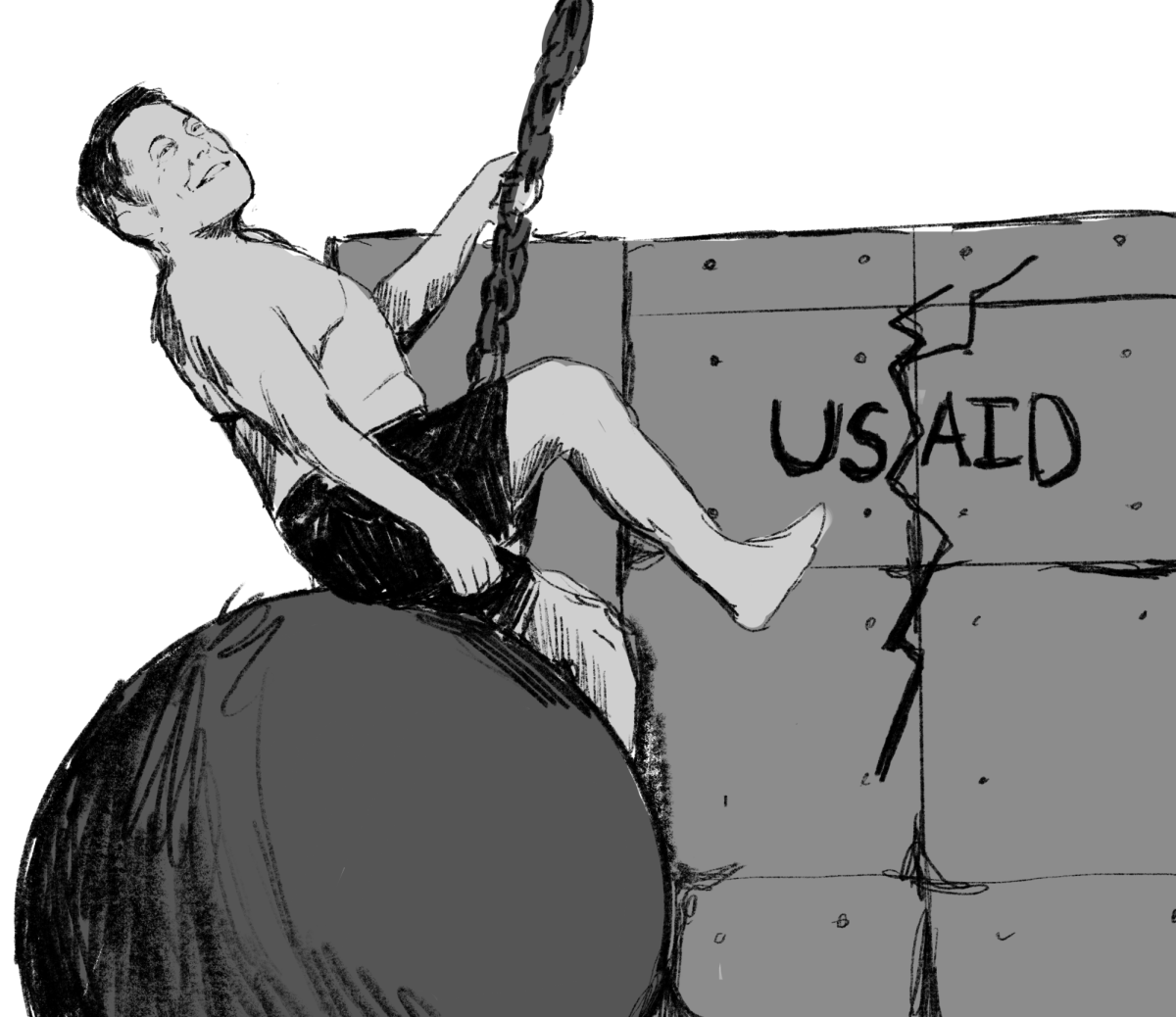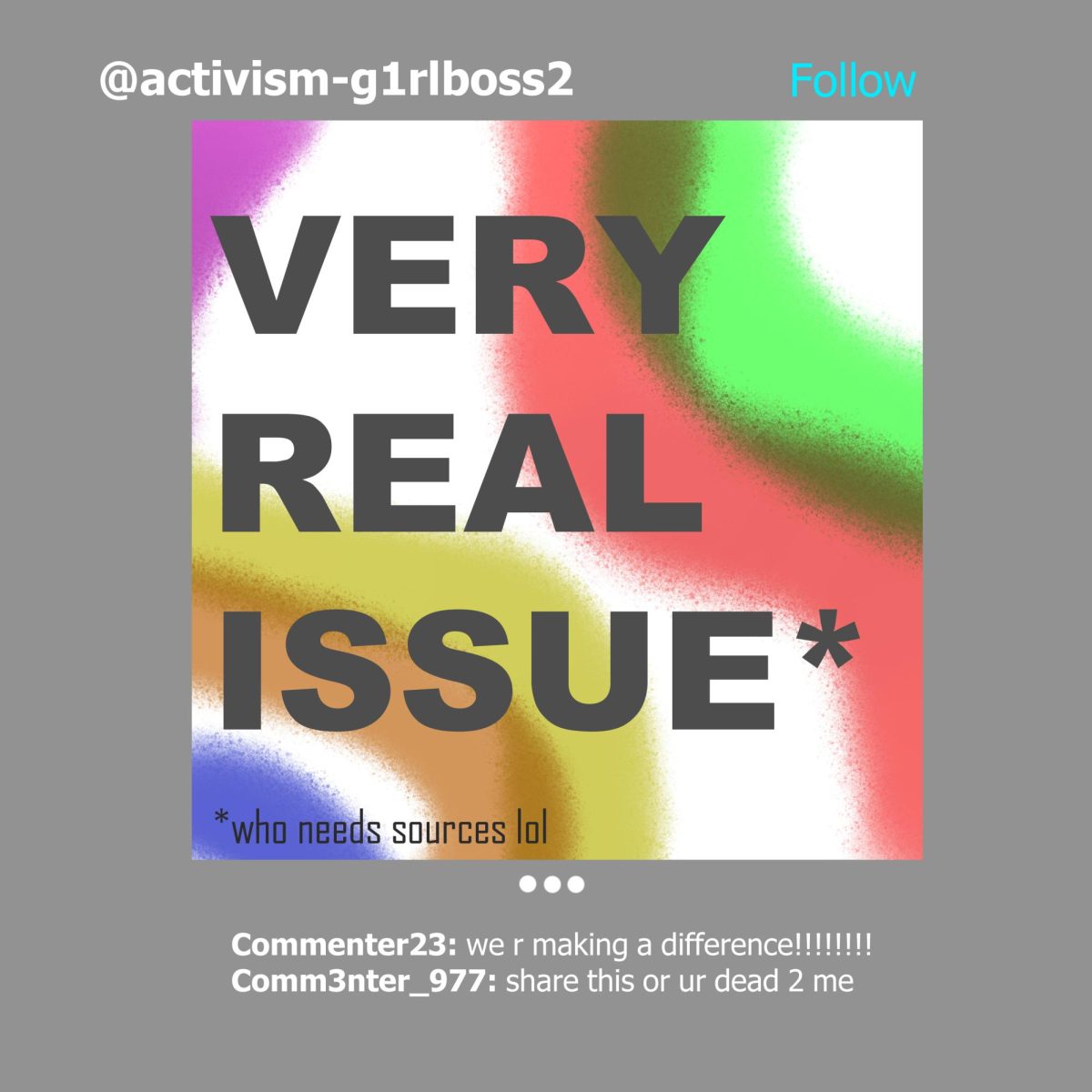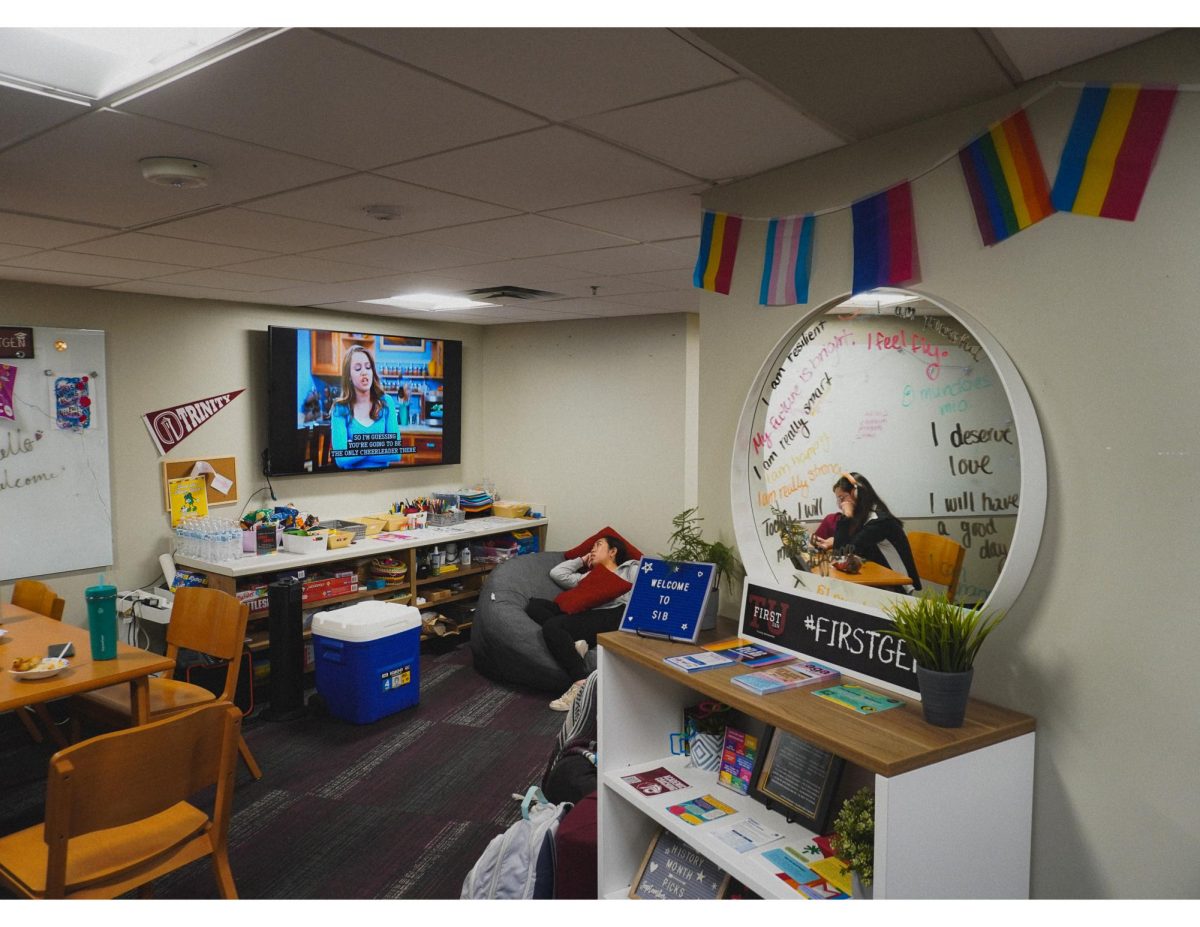I wanted to respond to a letter from a Trinity parent from Aug. 29, objecting to a lecture concerning Gaza by Miko Peled, a Jewish Israeli peace activist.
The letter was angry. This is understandable: the Israel / Palestine conflict is a situation that provokes anger. And anger is an undervalued emotion””there are things that should make us angry.
The letter was also inaccurate. It made false and misleading claims: some of them factual errors (claiming, falsely, that Hamas was responsible for the recent kidnapping and murder of three Israeli teens) and some slanderous accusations (for instance, that Mr Peled was a fundraiser for Hamas). I find these claims irresponsible and disturbing, but I don’t wish to address them here. There are multiple news sources readers can look to for objective reporting about events in Gaza, and they can research Mr Peled’s politics on his website: mikopeled.com.
But the letter did not merely attack the speaker and his views; it questioned Trinity for hosting him, and this is what I want to address, because it goes to the very heart of what it means to be a liberal arts university.
Perhaps faculty do parents a disservice when we assure them that their children will be safe and happy at Trinity. Let me explain: of course Trinity must do everything in its power to ensure the physical safety of our students. We guard them from dangers. But what about dangerous ideas? What about ideas that make them question the very foundations of their beliefs? Intellectual independence is inherently frightening””it means no longer taking ideas and beliefs for granted, but questioning, criticizing, doubting and even despairing. Students who go through liberal arts institutions without having their world rocked should demand their money back.
I believe that Trinity has not only the right but the responsibility to promote difficult dialogues on controversial subjects. Some of these encounters will result in painful soul-searching. And I have personal experience of the pain of a searched soul: like the speaker, I am a Jew who has come to question Israel’s treatment of the Palestinians. Like him, I have faced very uncomfortable truths on this issue, and like him I am both sadder and wiser for the experience.
I personally do not agree with everything Miko Peled says. That is not the point, and it is not why I invited him to campus. He has spoken at many universities: last year he appeared at Yale University, sponsored by the Council on Middle East Studies. I invited him to speak at Trinity because he offers a valuable perspective on the conflict, one that I think will enrich our understanding. And because he is an Israeli Jew from a prominent, Zionist military family who was taught to demonize Palestinians. Instead of following this easy path, he realized, at great personal cost, that the demons that need fighting most are the demons of prejudice and of a closed mind.
And that is something we all can learn from.





